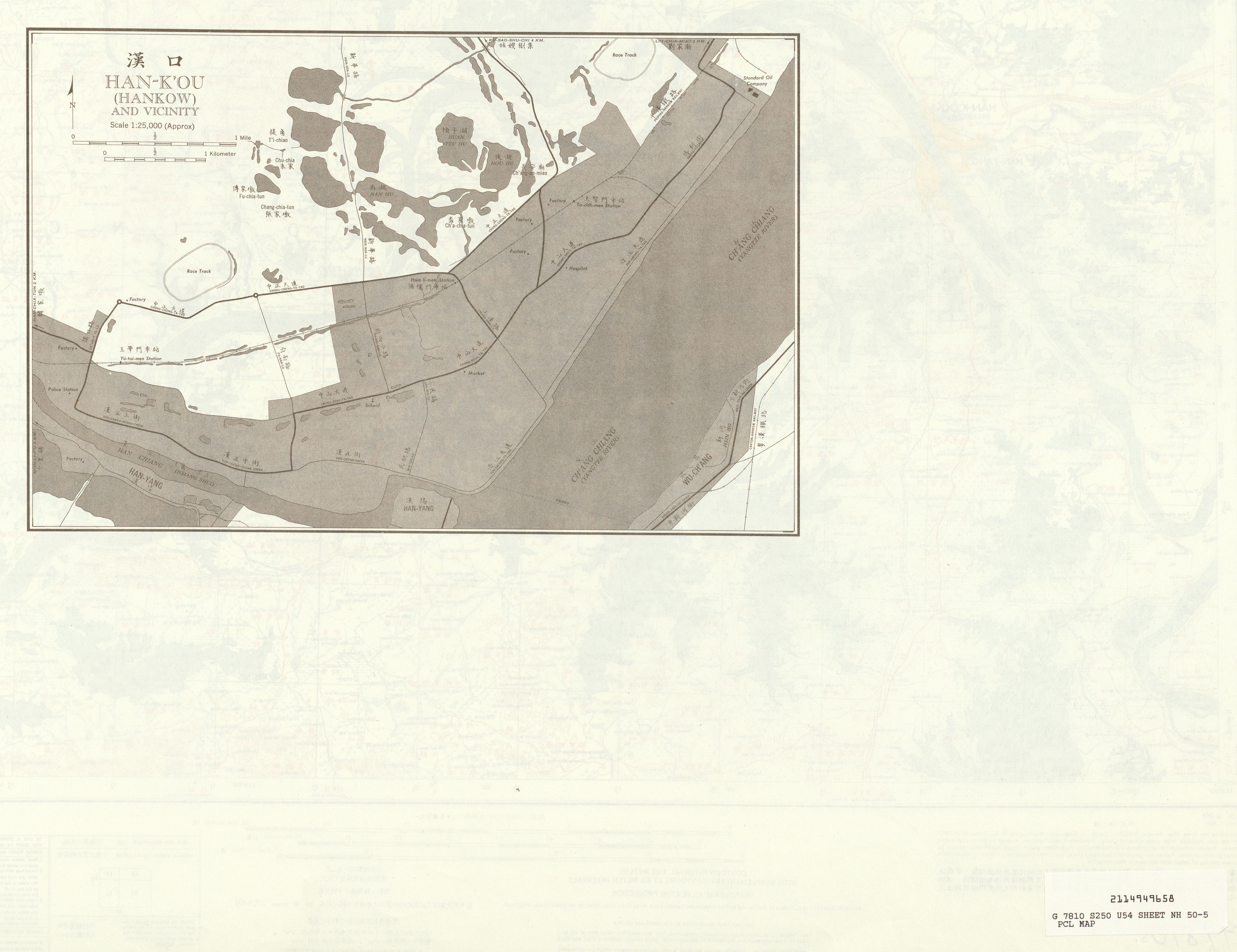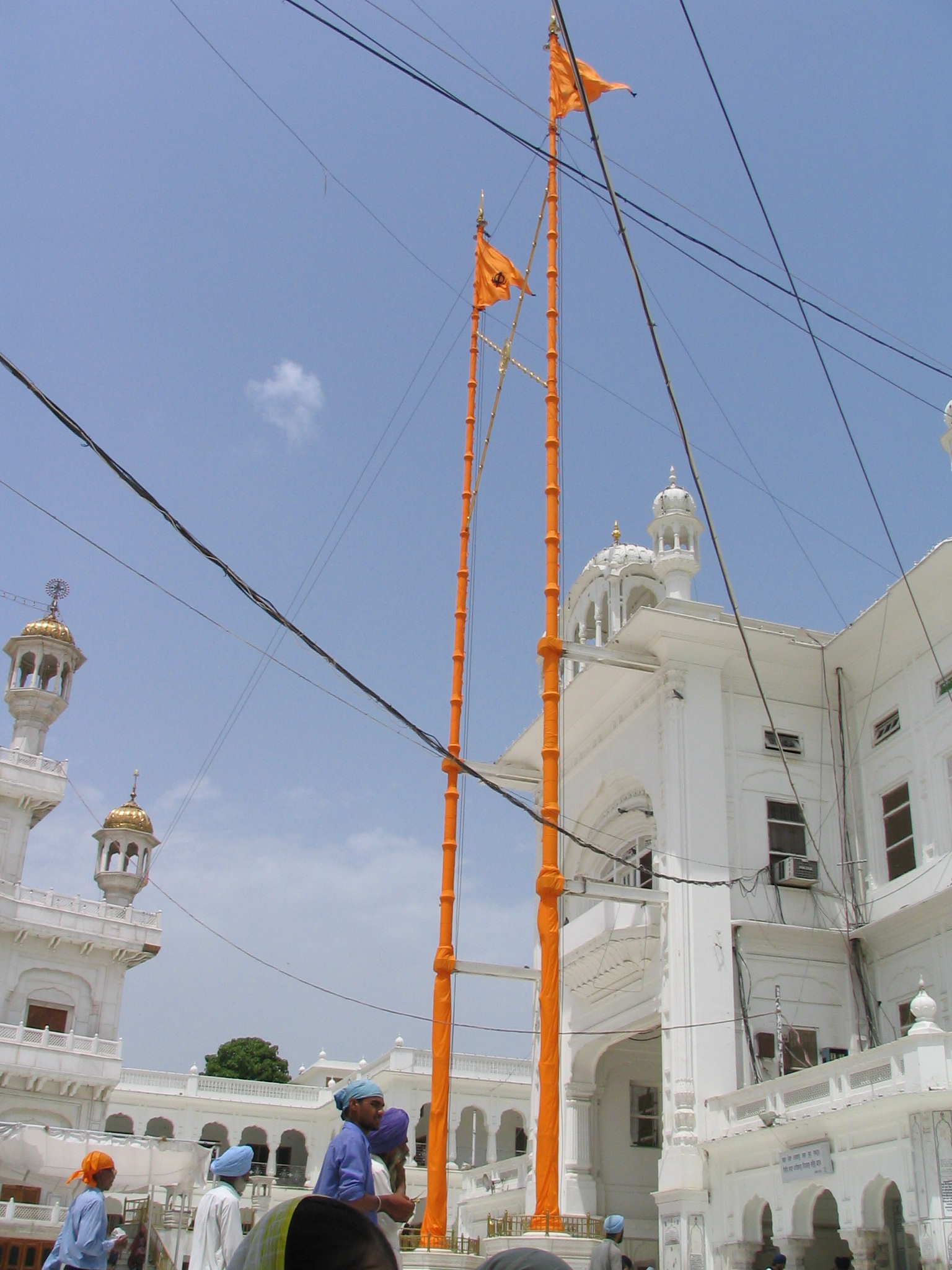|
Ganda Singh
Ganda Singh, whose home town was Ferozepur in India, was a prominent member of the Ghadar Party. He spent some time in Hankou, China, where he met Chiang Kai-shek. in 1926, and M. N. Roy, in 1927. On the occasion of the visit of the former, he was reported to have made an anti-British speech, whilst he participated in the reception for Roy's visit to the Sikh gurdwara that formed a hub for Ghadarite activity. Singh was then on the staff of the ''Hindustan Ghadar Dhandora''. He moved to Nanking Nanjing (; , Mandarin pronunciation: ), alternately romanized as Nanking, is the capital of Jiangsu province of the People's Republic of China. It is a sub-provincial city, a megacity, and the second largest city in the East China region. ... in October 1927, where he worked as editor of the ''Hindustan Ghadar Dhandora'' and also managed a branch of the ''Eastern Oppressed Peoples Association. He was joined in his 1927 move to Nanking by Arjun Singh and Udham Singh, and by other ... [...More Info...] [...Related Items...] OR: [Wikipedia] [Google] [Baidu] |
Ferozepur
Firozpur, also known as Ferozepur, is a city on the banks of the Sutlej River in Firozpur District, Punjab, India. After the partition of India in 1947, it became a border town on the India–Pakistan border with memorials to soldiers who died fighting for India. History The city of Firozpur was founded by Firuz Shah Tughlaq , a ruler of the Tughluq dynasty, who reigned over the Sultanate of Delhi from 1351 to 1388. It is located on the banks of the Sutlej River on the India–Pakistan border. The nearby Firozpur Cantonment is a major cantonment of the country. British rule was first established in 1835, when, on the failure of heirs to the Sikh family who possessed it, a small escheat to the British government was formed, and the district was gradually formed around this nucleus. The strategic importance of Ferozepur (as it was spelled under the British) was at this time very great, and in 1839 it was the outpost of British India in the direction of the Sikh power. It a ... [...More Info...] [...Related Items...] OR: [Wikipedia] [Google] [Baidu] |
Ghadar Party
The Ghadar Movement was an early 20th century, international political movement founded by expatriate Indians to overthrow British rule in India. The early movement was created by conspirators who lived and worked on the West Coast of the United States and Canada, but the movement later spread to India and Indian diasporic communities around the world. The official founding has been dated to a meeting on 15 July 1913 in Astoria, Oregon, with the Ghadar headquarters and Hindustan Ghadar newspaper based in San Francisco, California. Following the outbreak of World War I in 1914, some Ghadar party members returned to Punjab to incite armed revolution for Indian Independence. Ghadarites smuggled arms into India and incited Indian troops to mutiny against the British. This uprising, known as the Ghadar Mutiny, was unsuccessful, and 42 mutineers were executed following the Lahore Conspiracy Case trial. From 1914 to 1917 Ghadarites continued underground anti-colonial actions with the ... [...More Info...] [...Related Items...] OR: [Wikipedia] [Google] [Baidu] |
Hankou
Hankou, alternately romanized as Hankow (), was one of the three towns (the other two were Wuchang and Hanyang) merged to become modern-day Wuhan city, the capital of the Hubei province, China. It stands north of the Han and Yangtze Rivers where the Han flows into the Yangtze. Hankou is connected by bridges to its triplet sister towns Hanyang (between Han and Yangtze) and Wuchang (on the south side of the Yangtze). Hankou is the main port of Hubei province and the single largest port in the middle reaches of Yangtze. History The city's name literally means "Mouth of the Han", from its position at the confluence of the Han with the Yangtze River. The name appears in a Tang Dynasty poem by Liu Changqing. Other historical names for the city include Xiakou (), Miankou (), and Lukou (). Hankou, from the Ming to late Qing, was under the administration of the local government in Hanyang, although it was already one of the four major national markets ( :zh:四大名镇) in ... [...More Info...] [...Related Items...] OR: [Wikipedia] [Google] [Baidu] |
Chiang Kai-shek
Chiang Kai-shek (31 October 1887 – 5 April 1975), also known as Chiang Chung-cheng and Jiang Jieshi, was a Chinese Nationalist politician, revolutionary, and military leader who served as the leader of the Republic of China (ROC) from 1928 to his death in 1975 – until 1949 in mainland China and from then on in Taiwan. After his rule was confined to Taiwan following his defeat by Mao Zedong in the Chinese Civil War, he continued to head the ROC government until his death. Born in Chekiang (Zhejiang) Province, Chiang was a member of the Kuomintang (KMT), and a lieutenant of Sun Yat-sen in the revolution to overthrow the Beiyang government and reunify China. With help from the Soviets and the Chinese Communist Party (CCP), Chiang organized the military for Sun's Canton Nationalist Government and headed the Whampoa Military Academy. Commander-in-chief of the National Revolutionary Army (from which he came to be known as a Generalissimo), he led the Northern Expedition ... [...More Info...] [...Related Items...] OR: [Wikipedia] [Google] [Baidu] |
Gurdwara
A gurdwara (sometimes written as gurudwara) ( Gurmukhi: ਗੁਰਦੁਆਰਾ ''guradu'ārā'', meaning "Door to the Guru") is a place of assembly and worship for Sikhs. Sikhs also refer to gurdwaras as ''Gurdwara Sahib''. People from all faiths are welcomed in gurdwaras. Each gurdwara has a '' Darbar Sahib'' where the current and everlasting guru of the Sikhs, the scripture Guru Granth Sahib, is placed on a (an elevated throne) in a prominent central position. Any congregant (sometimes with specialized training, in which case they can be known by the term granthi) may recite, sing, and explain the verses from the Guru Granth Sahib, in the presence of the rest of the congregation. All gurdwaras have a hall, where people can eat free vegetarian food served by volunteers at the gurdwara. They may also have a medical facility room, library, nursery, classroom, meeting rooms, playground, sports ground, a gift shop, and finally a repair shop. A gurdwara can be identified from a ... [...More Info...] [...Related Items...] OR: [Wikipedia] [Google] [Baidu] |
Nanking
Nanjing (; , Mandarin pronunciation: ), alternately romanized as Nanking, is the capital of Jiangsu province of the People's Republic of China. It is a sub-provincial city, a megacity, and the second largest city in the East China region. The city has 11 districts, an administrative area of , and a total recorded population of 9,314,685 . Situated in the Yangtze River Delta region, Nanjing has a prominent place in Chinese history and culture, having served as the capital of various Chinese dynasties, kingdoms and republican governments dating from the 3rd century to 1949, and has thus long been a major center of culture, education, research, politics, economy, transport networks and tourism, being the home to one of the world's largest inland ports. The city is also one of the fifteen sub-provincial cities in the People's Republic of China's administrative structure, enjoying jurisdictional and economic autonomy only slightly less than that of a province. Nanjing has ... [...More Info...] [...Related Items...] OR: [Wikipedia] [Google] [Baidu] |
Indian Independence Activists From Punjab, India
Indian or Indians may refer to: Peoples South Asia * Indian people, people of Indian nationality, or people who have an Indian ancestor ** Non-resident Indian, a citizen of India who has temporarily emigrated to another country * South Asian ethnic groups, referring to people of the Indian subcontinent, as well as the greater South Asia region prior to the 1947 partition of India * Anglo-Indians, people with mixed Indian and British ancestry, or people of British descent born or living in the Indian subcontinent * East Indians, a Christian community in India Europe * British Indians, British people of Indian origin The Americas * Indo-Canadians, Canadian people of Indian origin * Indian Americans, American people of Indian origin * Indigenous peoples of the Americas, the pre-Columbian inhabitants of the Americas and their descendants ** Plains Indians, the common name for the Native Americans who lived on the Great Plains of North America ** Native Americans in the Uni ... [...More Info...] [...Related Items...] OR: [Wikipedia] [Google] [Baidu] |
Indian Revolutionaries
Indian or Indians may refer to: Peoples South Asia * Indian people, people of Indian nationality, or people who have an Indian ancestor ** Non-resident Indian, a citizen of India who has temporarily emigrated to another country * South Asian ethnic groups, referring to people of the Indian subcontinent, as well as the greater South Asia region prior to the 1947 partition of India * Anglo-Indians, people with mixed Indian and British ancestry, or people of British descent born or living in the Indian subcontinent * East Indians, a Christian community in India Europe * British Indians, British people of Indian origin The Americas * Indo-Canadians, Canadian people of Indian origin * Indian Americans, American people of Indian origin * Indigenous peoples of the Americas, the pre-Columbian inhabitants of the Americas and their descendants ** Plains Indians, the common name for the Native Americans who lived on the Great Plains of North America ** Native Americans in th ... [...More Info...] [...Related Items...] OR: [Wikipedia] [Google] [Baidu] |
People From Firozpur
A person ( : people) is a being that has certain capacities or attributes such as reason, morality, consciousness or self-consciousness, and being a part of a culturally established form of social relations such as kinship, ownership of property, or legal responsibility. The defining features of personhood and, consequently, what makes a person count as a person, differ widely among cultures and contexts. In addition to the question of personhood, of what makes a being count as a person to begin with, there are further questions about personal identity and self: both about what makes any particular person that particular person instead of another, and about what makes a person at one time the same person as they were or will be at another time despite any intervening changes. The plural form "people" is often used to refer to an entire nation or ethnic group (as in "a people"), and this was the original meaning of the word; it subsequently acquired its use as a plural form of p ... [...More Info...] [...Related Items...] OR: [Wikipedia] [Google] [Baidu] |





_1938.jpg)